
Maintaining healthy blood sugar is key for overall wellness, and it’s something more people are paying attention to than ever before. In the U.S., more than 38 million people have diabetes, and millions more are living with prediabetes without realizing it, according to health experts. This growing awareness has many seeking out simple, everyday changes, including what they drink, as a way to help keep glucose levels steady.
Indeed, “Blood sugar is finally getting the attention it deserves as a key marker of metabolic health, and as one of the most accessible ways to track insulin dynamics at home,” says Sarah Steele, MS, RDN, a registered dietitian and metabolic specialist at Signos. While diet and exercise are undeniably crucial, the beverages you choose can significantly impact your glucose control. Unlike solid foods, liquids are absorbed quickly into the bloodstream, making your drink selections particularly important for maintaining stable blood sugar throughout the day.
With so much focus on metabolic health, there’s been a surge of drink trends claiming to offer solutions. But which ones are truly backed by science? Steele affirms that, “As it turns out, certain beverage strategies can meaningfully support a healthy lifestyle, reduce the risk of insulin resistance, and even blunt post-meal glucose spikes.” We’re excited to share seven research-backed drinks that can help you manage your blood sugar, making them an easy and effective part of your daily routine.

1. **Water – The Ultimate Blood Sugar Stabilizer**When we talk about managing blood sugar, water is often overlooked, yet it stands as the most important beverage for blood sugar management. It’s the best choice for hydration and overall health, and its benefits for glucose control are truly foundational. Proper hydration is essential for optimal glucose metabolism, offering a simple yet powerful way to support your body’s natural processes.
Water works diligently to prevent dehydration-induced blood sugar spikes, which can occur when your body is running low on fluids. More importantly, staying adequately hydrated can actively help your kidneys flush out excess sugar through urine. This continuous process assists your body in maintaining balance, making water an invaluable ally in your metabolic health journey.
Beyond its glucose-regulating properties, water contains zero carbohydrates and zero calories, ensuring it has no impact on insulin levels. This makes it a perfect, neutral choice for anyone aiming to stabilize their blood sugar. Regular water intake also supports overall metabolic function, ensuring all your bodily systems work efficiently.
Incorporating more water into your day is simple and highly effective. Aim to drink at least 8-10 glasses of water daily, adjusting based on your activity level, climate, and individual needs. Drinking a glass of water before meals can even help control appetite and potentially lower those blood sugar spikes after eating. For variety without added sugars, consider plain water, sparkling water, or infused water with natural flavors like cucumber, lemon, or mint.
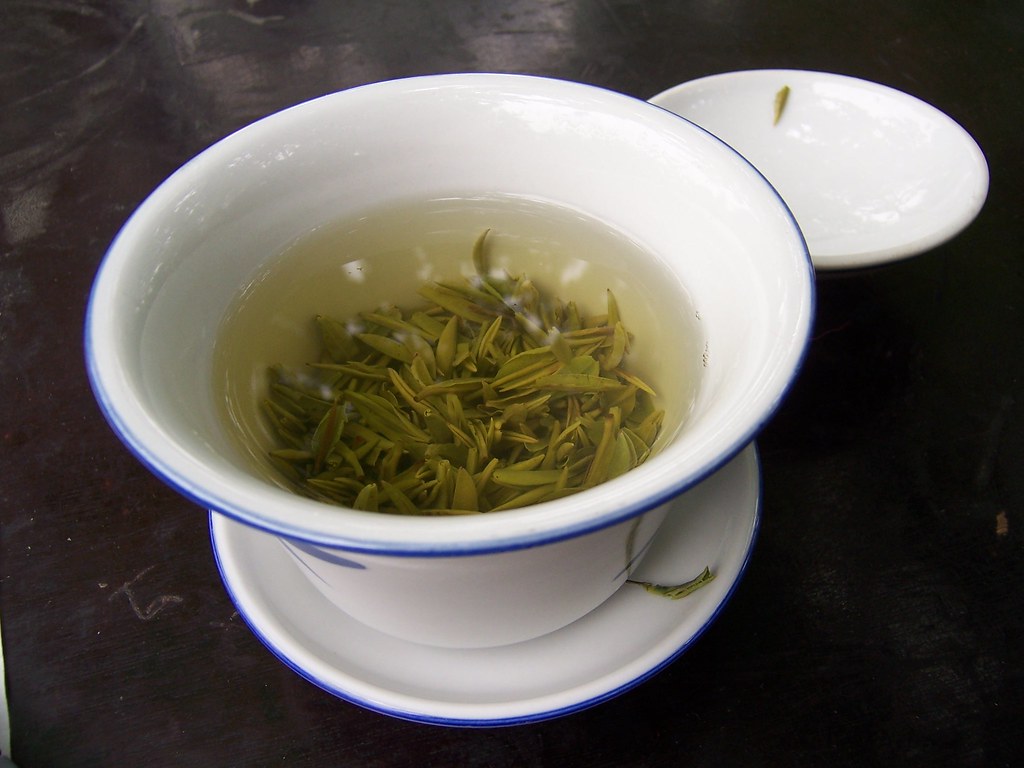
2. **Green Tea – The Antioxidant Powerhouse**Steeping in at the second spot is the time-honored green tea, a beverage renowned across continents for its subtle brew and an array of health benefits that extend far beyond its calming essence. Green tea has been extensively studied for its blood sugar benefits, with research showing significant improvements in glucose control and insulin sensitivity. Its rich tapestry of polyphenols, particularly catechins like EGCG (epigallocatechin gallate), actively enhances insulin sensitivity, making your body more responsive to the insulin it produces.
Scientific evidence strongly supports green tea’s role in blood sugar management. A meta-analysis published in Nutrition and Metabolism, for instance, found that regular green tea consumption significantly reduced fasting glucose levels and improved HbA1c levels. This indicates a meaningful impact on both immediate and long-term blood sugar markers. Moreover, green tea helps lower HbA1c levels and may reduce fasting blood glucose by 0.09 mmol/L, showcasing its potential as a natural insulin enhancer.
Beyond glucose control, green tea is rich in antioxidants that combat diabetes-related inflammation and oxidative stress. These properties are crucial for protecting against cellular damage and supporting overall cellular health, which is particularly beneficial for individuals managing diabetes. Its ability to curtail inflammation and placate rampant stress hormones contributes significantly to its wide range of benefits.
To tap into its full spectrum of benefits, enjoy 2-3 cups of unsweetened green tea daily, either hot or cold. Some insights even suggest integrating about six cups daily into your routine for optimal results. Adding a slice of lemon can enhance its flavor without introducing added sugars. For those looking to up the ante, Matcha, a powdered variant of green tea, boasts a more concentrated polyphenol profile, magnifying those coveted health perks. Remember to select high-quality organic whole leaf green tea to truly honor your health.
However, it’s worth noting that some individuals might jostle with caffeine-induced jitters, digestive discomforts, or even subpar iron absorption due to green tea. It’s always best to listen to your body and adjust consumption accordingly. Avoid bottled versions with added sugars, as these can counteract the benefits.
Read more about: Pop a Cold One: The 13 Champion Beers That Rocked the American ’70s
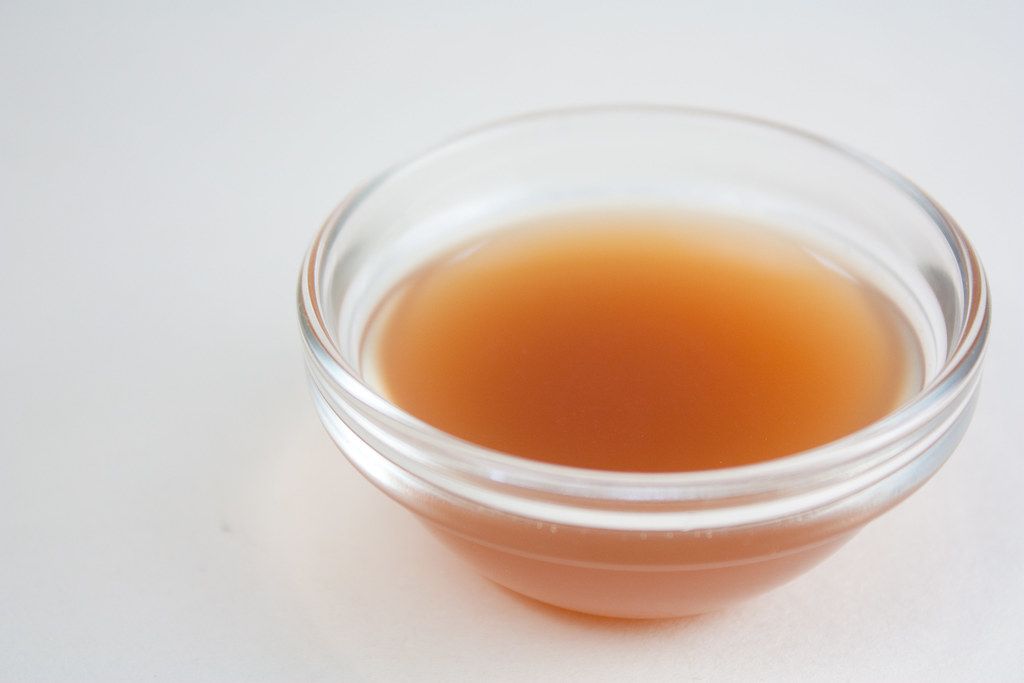
3. **Apple Cider Vinegar (ACV) Drink – The Glucose Modulator**Continuing our journey, we arrive at the revered Apple Cider Vinegar, a blend of tang and tradition often hailed as a home remedy powerhouse. This amber-colored liquid has garnered significant attention in the realm of diabetes management due to its remarkable ability to improve insulin sensitivity and reduce blood sugar levels after meals. Its acetic acid content plays a crucial role by slowing carbohydrate digestion, leading to a more gradual and controlled rise in blood sugar.
Research findings robustly support these claims. Studies published in Frontiers in Clinical Diabetes and Healthcare show that consuming 30ml of apple cider vinegar daily for eight weeks can significantly improve blood glucose indices and reduce HbA1c levels, with one study reporting a drop from 9.21% to 7.79%. A meta-analysis also indicates potential benefits for patients with type 2 diabetes, especially concerning fasting blood sugar and HbA1c levels, underscoring its impact on both immediate post-meal glucose and long-term control.
The mechanisms behind ACV’s effectiveness include delaying gastric emptying, which slows glucose absorption into the bloodstream. Furthermore, it improves insulin sensitivity, making your body’s cells more efficient at taking up glucose. It may also inhibit α-amylase action, further reducing starch digestion. These combined actions make it a powerful ally in managing glucose fluctuations.
To safely integrate this tangy tonic into your routine, mix 1-2 tablespoons of raw, unfiltered apple cider vinegar—the kind that comes with the “mother” culture—in a large glass of water. Consume this mixture before meals for the best results. However, be cautious with the amount, as excessive consumption can lead to digestive discomfort. It’s a smart move to consult with a healthcare professional before making significant dietary changes, especially since apple cider vinegar may enhance the effects of certain diabetes medications.
Individuals with kidney concerns or ulcers should steer clear of ACV. Overconsumption might also lead to reduced potassium levels or erode tooth enamel due to its acidity. Therefore, moderation and professional guidance are key to harnessing its benefits safely and effectively for your blood sugar management.
4. **Cinnamon Tea – The Natural Insulin Enhancer**Next, we immerse ourselves in the warm, aromatic embrace of Cinnamon Tea. This beloved spice, commonly reserved for culinary delights, emerges as a beacon for diabetes control. Cinnamon contains bioactive compounds that can help significantly improve insulin sensitivity and glucose metabolism, making your body’s cells more responsive to insulin’s signals. It’s truly a natural enhancer for your body’s glucose uptake mechanisms.
Scientific literature brightly highlights cinnamon’s capabilities in enhancing insulin activity and combatting oxidative stress. This is particularly a boon for those navigating type 2 diabetes, where insulin resistance and oxidative stress are common challenges. The polyphenols found in cinnamon further contribute to its anti-diabetic properties, providing additional antioxidant protection and supporting overall metabolic health.
Beyond enhancing insulin sensitivity, cinnamon may also help reduce fasting blood glucose levels. It contains compounds that can mimic insulin, allowing cells to take up glucose more effectively from the bloodstream. This dual action makes it a valuable addition to a blood sugar-friendly regimen, working to both improve insulin function and directly influence glucose levels.
Crafting your therapeutic brew is incredibly simple: just infuse half a teaspoon of cinnamon powder into warm water, and your tea is ready to sip. Alternatively, you can steep 1-2 cinnamon sticks in hot water for 10-15 minutes or sprinkle ground cinnamon into warm water or other herbal teas. For the discerning consumer, opting for Ceylon cinnamon is a wise choice. It’s a step above the commonly found Cassia cinnamon, primarily because of its significantly reduced coumarin levels, which can be liver-damaging in excessive amounts.
However, tread with mindfulness, as excessive cinnamon or prolonged consumption of cinnamon supplements may indeed tread into liver-damaging territory. It’s always best to consume in moderation and be aware of the type of cinnamon you’re using. By doing so, you can enjoy the delicious flavor and the profound health benefits this aromatic spice offers for your blood sugar control.

5. **Black Coffee – The Metabolism Booster**Elevating our morning routines and securing the fifth spot is black coffee. Beyond its well-known ability to jolt us awake, this dark, aromatic drink bears benefits that resonate deeply with diabetes management. When consumed without added sugars or high-fat creamers, black coffee can remarkably support blood sugar control by improving insulin sensitivity and enhancing fat metabolism.
Modern scientific literature applauds the polyphenols housed in black coffee. These powerful compounds have been associated with a diminished risk of type 2 diabetes, mainly through their dual action: reducing carbohydrate absorption and enhancing glucose uptake into cells. Furthermore, black coffee contains chlorogenic acids, which also contribute to slowing glucose absorption, providing another layer of support for stable blood sugar levels. Its antioxidant protection is an added bonus for overall health.
For the optimal health jolt, it’s essential to keep your coffee pure. This means conscientiously sidestepping sweeteners, syrups, and even milk, as these additions can quickly negate the blood sugar benefits. The goal is to enjoy black coffee in its simplest, most beneficial form to harness its full potential as a metabolism booster and glucose modulator.
However, it’s important to monitor your individual response, as caffeine can affect people differently. Some individuals may experience blood sugar spikes from caffeine, while others might find it beneficial. Overindulgence might also lead to palpitations or disrupted sleep, so moderation is key. For those with a heightened sensitivity to caffeine, here’s a nugget of advice: Go for Arabica coffee beans. These beans promise a smoother flavor profile, are less acidic, and are generally gentler on caffeine-sensitive individuals compared to their Robusta counterparts. Listen to your body and adjust your consumption to find what works best for you.
Read more about: 14 Science-Backed Ways to Boost Your Mental Well-being: A Healthline Guide

6. **Lemon Water – The Refreshing Regulator**Earning the title of lucky number six is the effervescent lemon water. Its humble façade conceals a spectrum of benefits, making it a surprisingly effective and refreshing addition to your blood sugar management plan. Lemons are notably low in carbohydrates and high in vitamin C, instantly making lemon water a healthy option. This simple beverage works by leveraging the acidity of lemon juice, which may help slow down the absorption of glucose.
One of the key ways lemon water assists in blood sugar control is by stalling the carbohydrate-to-sugar transformation. This ensures that sugar spikes after meals resemble gentle undulations rather than treacherous peaks, promoting a more stable blood glucose profile. The American Diabetes Association showers accolades upon lemons, celebrating their rich fiber and vitamin C reserves. These nutrients are vital for overall health and play a supportive role in metabolic function.
Furthermore, the lemons’ low glycemic footprint, combined with the presence of polyphenols, amplifies insulin sensitivity while bestowing antioxidant prowess. This means your body’s cells become more receptive to insulin, and you gain protection against oxidative stress, both of which are crucial for effective blood sugar management. It’s a delightful way to add both flavor and function to your daily hydration.
To incorporate this beneficial drink, simply squeeze the juice of half a lemon into a glass of water. This lemon water can be consumed throughout the day as a refreshing beverage or specifically before meals to help regulate sugar spikes. While lemon water offers wonderful support, it’s important to remember that it is a supportive member of the broader diabetes management ensemble, not a solo act. It complements a balanced diet, regular physical activity, and consistent monitoring to achieve optimal results.
Read more about: Mastering the Dark: Driving Pro’s Essential Guide to Enhancing Night Driving Visibility with Easy, Actionable Adjustments for Every Driver

7. **Hibiscus Tea – The Dual-Benefit Brew**Gracing the seventh position with its vibrant color and remarkable efficacy is Hibiscus Tea. This beautiful, naturally caffeine-free herbal tea offers dual benefits for people managing diabetes, making it an excellent choice for supporting both blood pressure and glucose control simultaneously. Given that high blood pressure is a common comorbidity for individuals with diabetes, hibiscus tea provides a holistic approach to wellness.
Research has shown that hibiscus tea may significantly help reduce blood pressure, a benefit particularly important for those with diabetes. Beyond its cardiovascular advantages, it also plays a role in glucose regulation. The tea contains potent antioxidants that support overall health by combating oxidative stress and inflammation, factors known to contribute to insulin resistance and diabetes complications. These compounds work synergistically to promote better metabolic function.
Furthermore, hibiscus tea may also help with weight management, another critical aspect of diabetes care. Its naturally caffeine-free nature makes it a soothing beverage that can be enjoyed at any time of day, including the evening, without disrupting sleep. This calming effect can also indirectly support blood sugar control by helping to manage stress levels, which are known to influence glucose dynamics.
To enjoy the benefits of hibiscus tea, simply brew the dried hibiscus petals in hot water, allowing them to steep for several minutes before straining. You can enjoy it hot or iced, and consider adding a slice of lemon for an extra burst of flavor and a touch more vitamin C. This flavorful and beneficial tea provides a refreshing way to support your blood sugar and blood pressure goals, making it a delightful and healthy addition to your daily routine.
After delving into foundational choices like water and green tea, our journey to discover blood sugar-friendly sips continues. Sarah Steele, MS, RDN, a metabolic specialist, emphasizes that the right beverages can profoundly support our health goals. In this next segment, we’ll uncover seven additional unique and potent drinks that go beyond the basics, offering diverse pathways to better glucose control and overall well-being. Get ready to explore exciting new options, from protein-rich broths to specialized milks and even fermented teas, all designed to complement your metabolic health strategy.
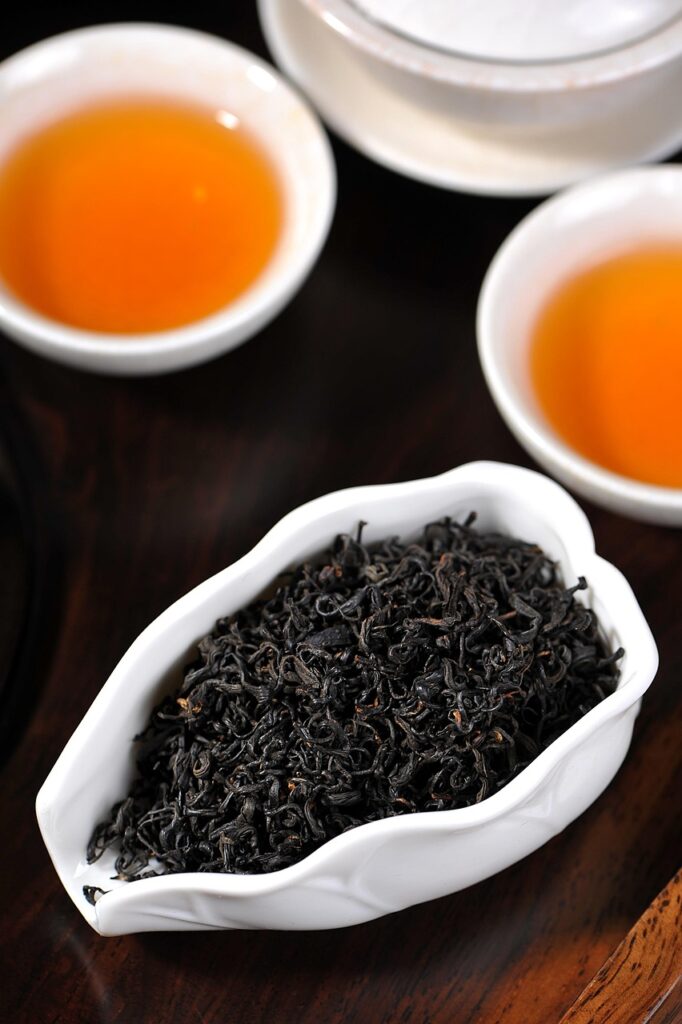
8. **Black Tea – The Robust Blood Sugar Supporter**Stepping into our lineup, black tea, a beloved classic, emerges as a potent ally in your quest for stable blood sugar. Much like its green counterpart, black tea is generously endowed with antioxidants and beneficial compounds. These elements have been firmly linked to enhanced blood sugar control, making your morning cup more than just a wake-up call.
Indeed, the polyphenols found within black tea are key players in this process. These powerful compounds actively contribute to lowering blood sugar levels, working diligently behind the scenes. By regularly incorporating unsweetened black tea into your routine, you’re providing your body with a natural boost to its glucose management systems.
To unlock its full potential, simply enjoy 2-3 cups of black tea daily. The trick is to opt for plain varieties, steering clear of any added sugars, artificial sweeteners, or high-fat creamers. These additions can quickly undermine the healthful benefits that black tea so readily offers, transforming a beneficial brew into a blood sugar blip.
Making this simple switch from sugary drinks to unsweetened black tea is an easy yet impactful step. It supports your overall metabolic health and helps maintain those desired steady energy levels throughout your day. Embrace this robust beverage as a delicious and effective part of your daily wellness regimen.
Read more about: 15 Natural Ways to Boost Your Immune System: Your Ultimate Guide to Year-Round Wellness

9. **Chia Seed Drink – The Fiber-Rich Regulator**Moving to our ninth spot, we find the humble yet mighty chia seed drink. These tiny seeds, when soaked, transform into a gelatinous, fiber-rich beverage that’s a true champion for blood sugar management. Chia seeds are renowned for their abundant fiber and healthy fats, which are crucial components for stabilizing glucose levels.
The magic of chia seeds lies in their ability to significantly slow down the absorption of sugar into the bloodstream. This means that instead of experiencing sharp, sudden spikes in glucose after a meal, your blood sugar rise is more gradual and controlled. This steady release of sugar helps prevent the metabolic rollercoaster that can disrupt your energy and focus.
Beyond their direct impact on glucose, chia seeds also contribute to a feeling of fullness. This satiety can be incredibly helpful in reducing overall caloric intake and managing appetite, indirectly supporting weight management—another vital aspect of blood sugar control. They’re a fantastic way to feel satisfied and energized.
Preparing a chia seed drink is wonderfully simple: just soak 1-2 tablespoons of chia seeds in water for about 30 minutes. For an extra burst of flavor and additional health benefits, consider adding a squeeze of lemon or lime juice. This refreshing, nutrient-dense drink is an easy addition to any part of your day, providing sustained energy and stable blood sugar.
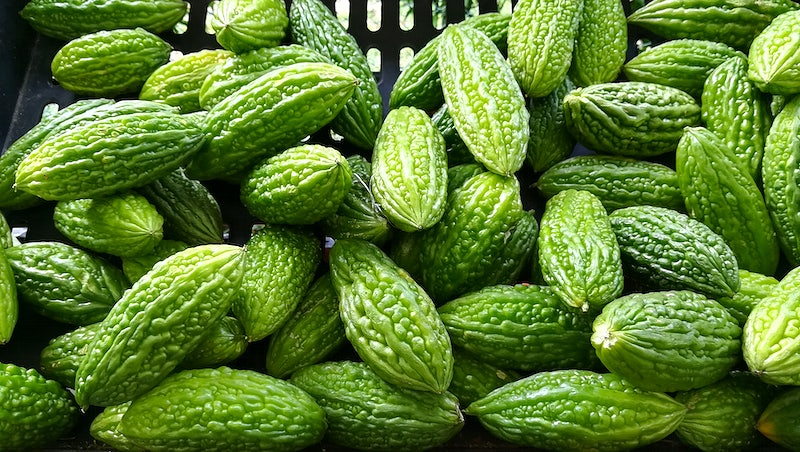
10. **Bitter Melon Juice – The Potent Glucose Mimic**Next on our list, at number ten, is bitter melon juice, a beverage well-known in traditional medicine for its powerful blood sugar-lowering capabilities. This unique vegetable contains compounds that actually mimic the action of insulin in your body. This makes it an incredibly effective natural aid for glucose management, especially for those seeking immediate impact.
The compounds within bitter melon actively enhance glucose uptake by the cells. This means your body becomes more efficient at utilizing the sugar in your bloodstream for energy, rather than letting it accumulate to unhealthy levels. It’s like having a natural assistant working to keep your cells happy and well-fed with glucose.
While its benefits are profound, bitter melon has a notably strong and distinct flavor that might not appeal to everyone. To make it more palatable, you can blend fresh bitter melon with water and then strain the juice. Diluting it with more water or mixing it with other milder juices can help mellow its intense taste, allowing you to still reap its benefits.
Given its potent effects, it’s always wise to exercise caution and consult with a healthcare professional before making bitter melon juice a regular part of your routine. This is especially true if you are already taking diabetes medications, as it may enhance their effects. Used thoughtfully, it can be a valuable addition to your blood sugar management strategy.
.png)
11. **Aloe Vera Juice – The Soothing Sensitivity Enhancer**Earning its place at number eleven, aloe vera juice offers a soothing yet effective approach to managing blood sugar. This popular plant, often celebrated for its skin benefits, also holds promise internally. Pure aloe vera juice has been shown to potentially improve overall blood sugar control and particularly aid in lowering fasting blood glucose levels.
At the heart of its efficacy are compounds that work to enhance insulin sensitivity. This means your body’s cells become more responsive to insulin, allowing them to absorb glucose more efficiently from your bloodstream. Improved insulin sensitivity is a cornerstone of effective diabetes management, and aloe vera juice can support this vital function.
When choosing aloe vera juice, it is absolutely crucial to select pure varieties that come without any added sugars or artificial sweeteners. These unnecessary additions can counteract the very benefits you’re seeking. The goal is to consume it in its most natural form to ensure maximum impact on your glucose levels.
For optimal results, many recommend consuming 1-2 ounces of pure aloe vera juice daily, ideally on an empty stomach. While aloe vera juice can be a beneficial supportive drink, it’s important to remember it’s part of a broader healthy lifestyle. It complements, rather than replaces, a balanced diet, regular exercise, and any prescribed medications.
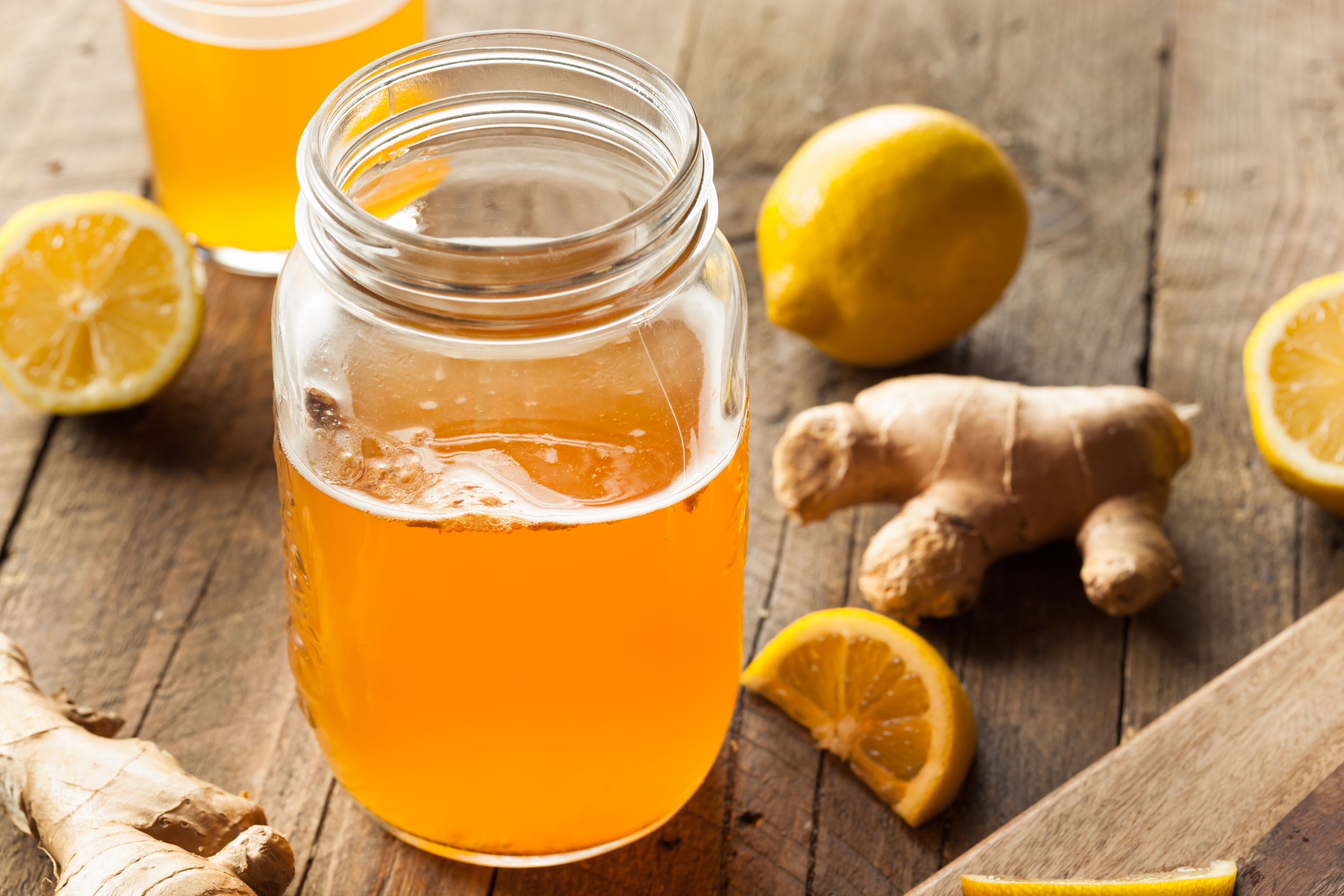
12. **Kombucha – The Fermented Gut & Glucose Ally**Taking the twelfth spot with a refreshing fizz is kombucha, often heralded as the “Immortal Health Elixir.” This tea, fermented to perfection, is a vibrant medley of probiotics known for their remarkable ability to rejuvenate gut health. For those navigating the complexities of type 2 diabetes, kombucha emerges as a fascinating potential ally.
Its rich reservoir of probiotics diligently works to bolster insulin responsiveness, while simultaneously putting up barriers against insulin resistance. This dual action is incredibly beneficial for maintaining balanced blood sugar levels. Plus, with just around seven grams of carbs per serving, it’s a drink that can seamlessly dovetail with low-carb regimens, offering a flavorful option.
However, it’s not all bubbles and joy, and there are important considerations to keep in mind. Kombucha’s inherent acidity can sometimes jostle with sensitive stomachs, leading to discomfort for some individuals. It’s always a good idea to start with small portions to assess your personal tolerance.
Another point of caution stems from that tantalizing fizz itself: it’s a byproduct of fermentation, which occasionally spawns trace alcohol levels. This necessitates careful consideration for expectant mothers, individuals in recovery from alcohol addiction, or those committed to strict alcohol-abstinent paths. Always choose wisely and consult your healthcare provider if you have concerns.
Read more about: 14 Science-Backed Ways to Boost Your Mental Well-being: A Healthline Guide
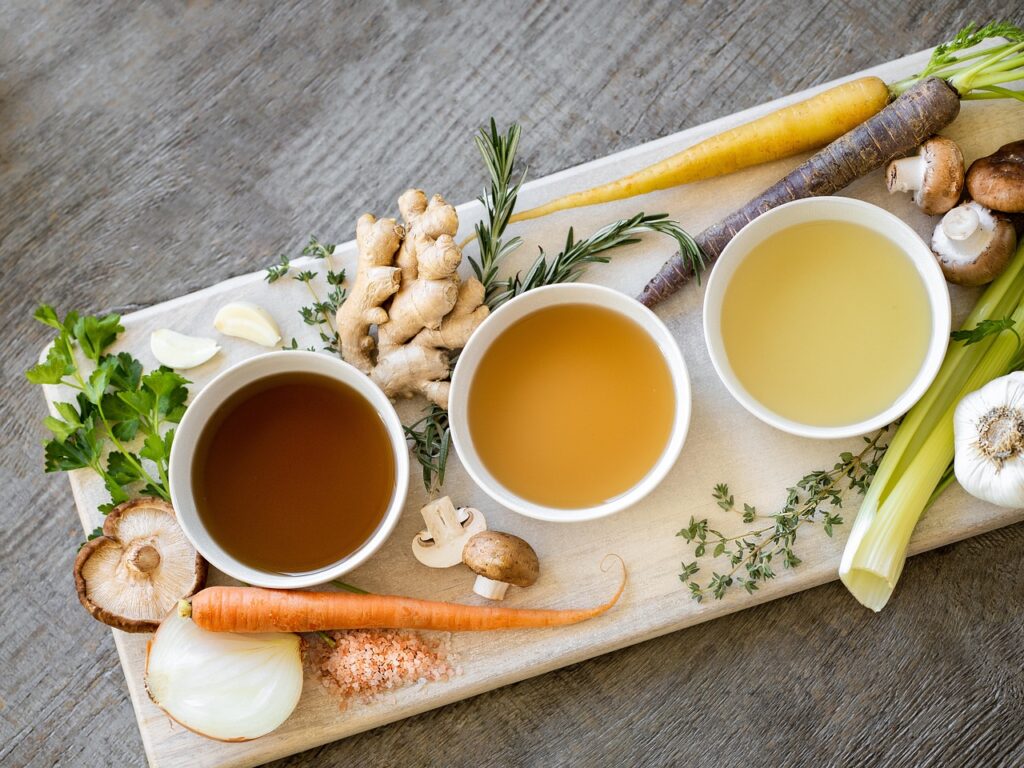
13. **Bone Broth – The Protein-Rich Stabilizer**Securing the thirteenth position, bone broth enters our list as a surprisingly effective and nutrient-dense beverage for blood sugar stability. Far from a mere culinary staple, bone broth offers a unique combination of protein, collagen, and amino acids. These components work synergistically to help stabilize blood sugar levels, providing a steady and sustained energy release.
One of its key advantages is its minimal carbohydrate content, typically ranging from 0-3 grams per cup. This, combined with its high protein profile, helps to prevent the rapid glucose spikes that often follow carbohydrate-heavy meals. Furthermore, bone broth is rich in glycine, an amino acid that may play a role in improving insulin sensitivity, making your body more efficient at managing glucose.
By providing sustained energy without the associated glucose spikes, bone broth becomes an excellent option for curbing hunger and maintaining metabolic balance. It helps you feel full and satisfied, which can be a valuable tool in managing overall food intake and preventing unhealthy snacking that can derail blood sugar goals.
To ensure you’re harnessing its full potential, look for organic, grass-fed bone broth without any added sugars or artificial ingredients. Quality matters significantly here. Enjoy 1-2 cups daily, either as a warming drink on its own or as a flavorful base for soups and stews, making it a delicious and highly beneficial addition to your daily routine.
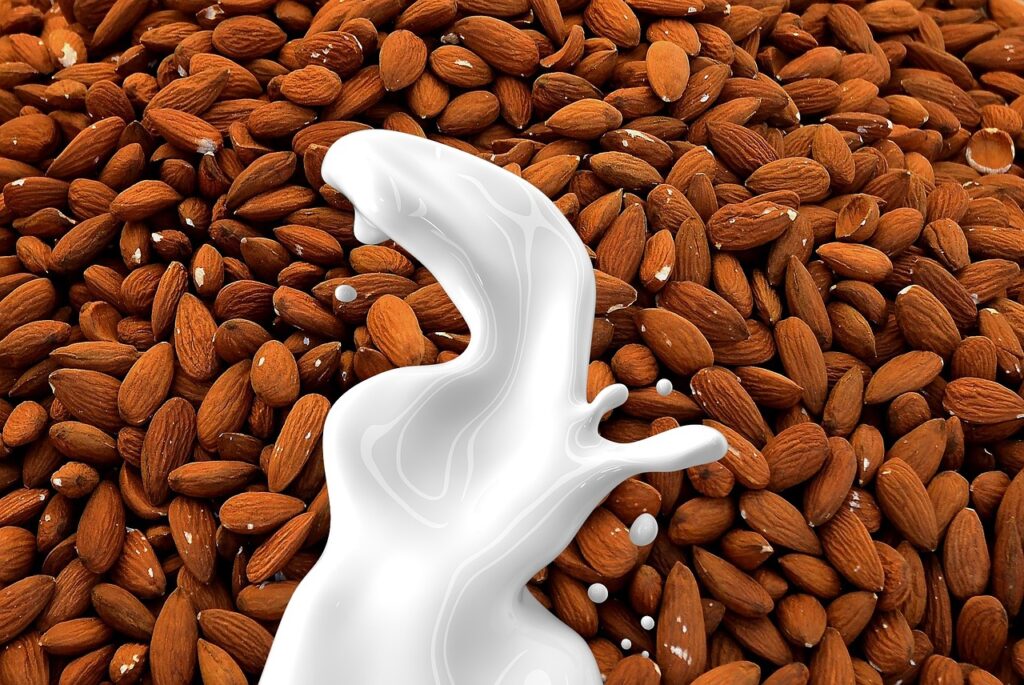
14. **Unsweetened Almond Milk – The Low-Carb Alternative**Gracing our final spot at number fourteen is unsweetened almond milk, a fantastic low-carb alternative that offers a creamy and satisfying option for those managing blood sugar. With just 1-2 grams of carbohydrates, 30-50 calories, and approximately 1 gram of protein per cup, it has minimal impact on blood glucose levels. This makes it a stellar choice when you need a dairy-free or low-carb liquid.
Its very low carbohydrate content is its standout feature, ensuring that it won’t cause the blood sugar spikes often associated with dairy milk or sweetened milk alternatives. This allows for greater flexibility in your diet, providing a versatile base for smoothies, cereals, or simply as a refreshing drink without glucose concerns.
Beyond its low-carb profile, unsweetened almond milk is often fortified with essential vitamins and minerals, adding nutritional value to your daily intake. It serves as an excellent dairy-free option for individuals who are lactose intolerant or who choose to avoid dairy for other health reasons, ensuring you don’t miss out on important nutrients.
The crucial word here is “unsweetened.” It’s imperative to always select the unsweetened version, as sweetened almond milk varieties can contain significant amounts of added sugars, entirely negating the blood sugar benefits. By making this careful choice, unsweetened almond milk can be a wonderful, blood sugar-friendly staple in your kitchen, supporting your metabolic health goals.
**Your Path to Better Blood Sugar Control**
Managing blood sugar levels is undeniably vital for overall health, especially for those navigating diabetes or prediabetes. While medication, diet, and exercise form the core of any effective management plan, the beverages you choose can offer significant, immediate, and lasting impact on your glucose control. By making informed selections, you empower yourself to support stable blood sugar throughout your day.
Incorporating these expert-backed drinks into your daily routine is a powerful step towards better metabolic health. Start by making small, sustainable changes—perhaps replacing one sugary drink with unsweetened green tea, or integrating apple cider vinegar before a meal. Consistent monitoring of your blood glucose levels will help you understand how different drinks affect you personally, allowing you to fine-tune your approach.
Read more about: Your Go-To Guide: 9 Quick & Delicious Desserts Ready in Under 30 Minutes to Satisfy Any Craving
Remember, your path to better blood sugar control doesn’t have to be complicated. With these evidence-based beverage choices, combined with a balanced diet, regular physical activity, and consistent communication with your healthcare team, you can enjoy flavorful, satisfying drinks while actively supporting your health goals. Stay consistent, be patient with the process, and celebrate every small win along the way to a healthier, more energized you.




